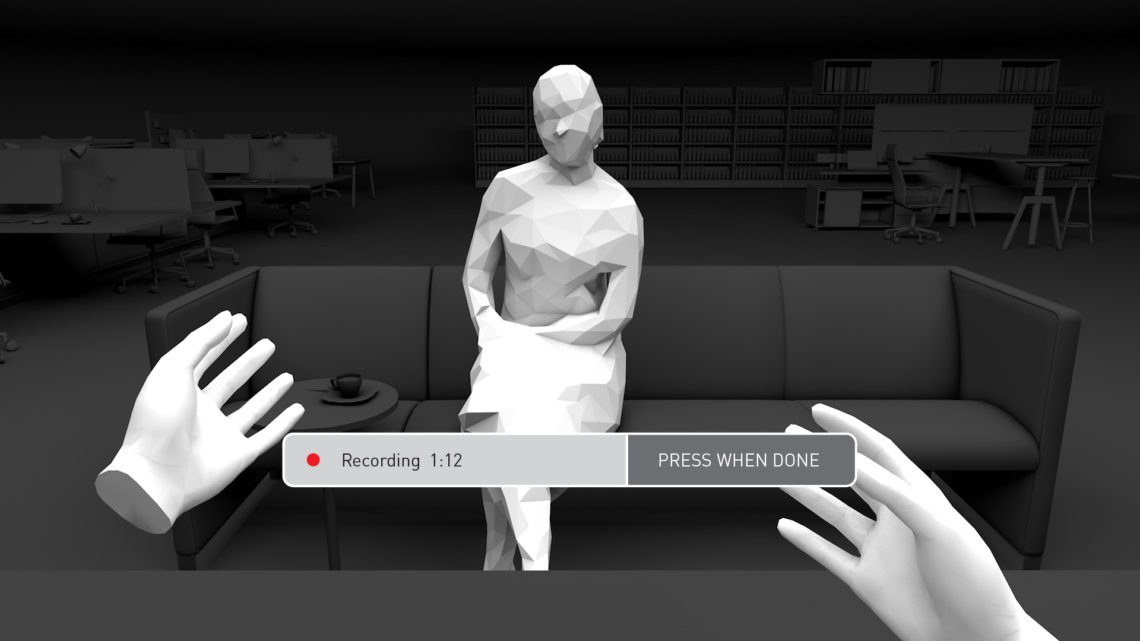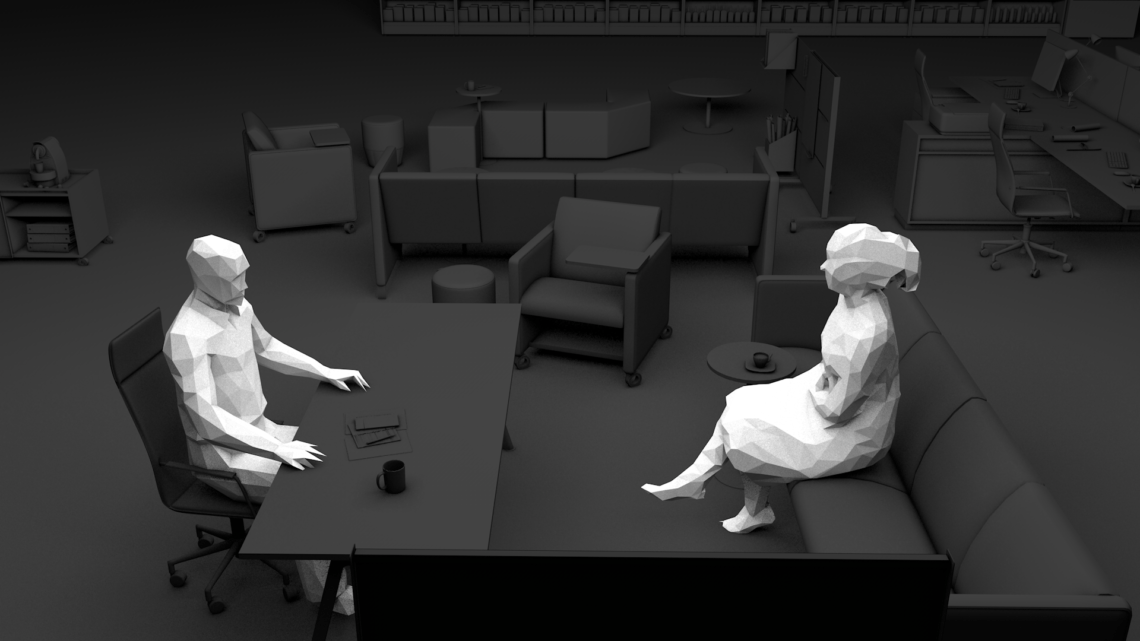Learn Workplace Soft Skills by Swapping Bodies in VR
Somewhere Else, a London based immersive technology agency has developed a solution that teaches employers and employees soft skills by having them swap bodies in virtual reality. The immersive power of VR means that it can evoke a strong sense of empathy in the user by letting them see the world through the eyes of another person.

Worker communication skills and an ability to empathise and interact with each other is a crucial aspect of running a successful and adaptable business. “For organizations, the ability to turn employees into smart, collaborative and self-directed leaders is often the difference between thriving and surviving,” says Christophe Mallet, co-founder of Somewhere Else.
Experiential learning through VR simulations has proven to be an extremely effective way of training employees. The immersive qualities of VR training simulations have led to better retention rates by making the lesson more engaging. A recent study by the University of Maryland found that: “40% of the participants scored at least 10% higher in recall ability using VR over the desktop display”. “The results showed an 8.8% improvement overall in recall accuracy using the VR headsets”.
BODYSWAPS works by letting employees experience high-pressure social situations from the perspective of each individual in the scenario. AI-powered virtual humans interact with the user in a variety of scenarios. You can play the part of a CEO giving negative feedback to an employee or an employee suffering from harassment in the workplace. Nearly any scenario can be replicated and experienced in a consequence-free virtual environment.

Your virtual avatar mimics your body language and your own voice is used while you interact with virtual characters. At the end of the scenario, you are given the chance to experience the situation from the perspective of the person you were just interacting with. “This approach creates empathy and self-awareness,” and those, Christophe Mallet explains, are two of the most powerful drivers of effective behavioural change. For Tom Cross, a Performance Psychologist who tested the platform, “The emotional impact of VR speeds up the cycle of behavioural change and will make people more effective as leaders moving forward”.
